CBS launches a campaign against sexual harassment for students
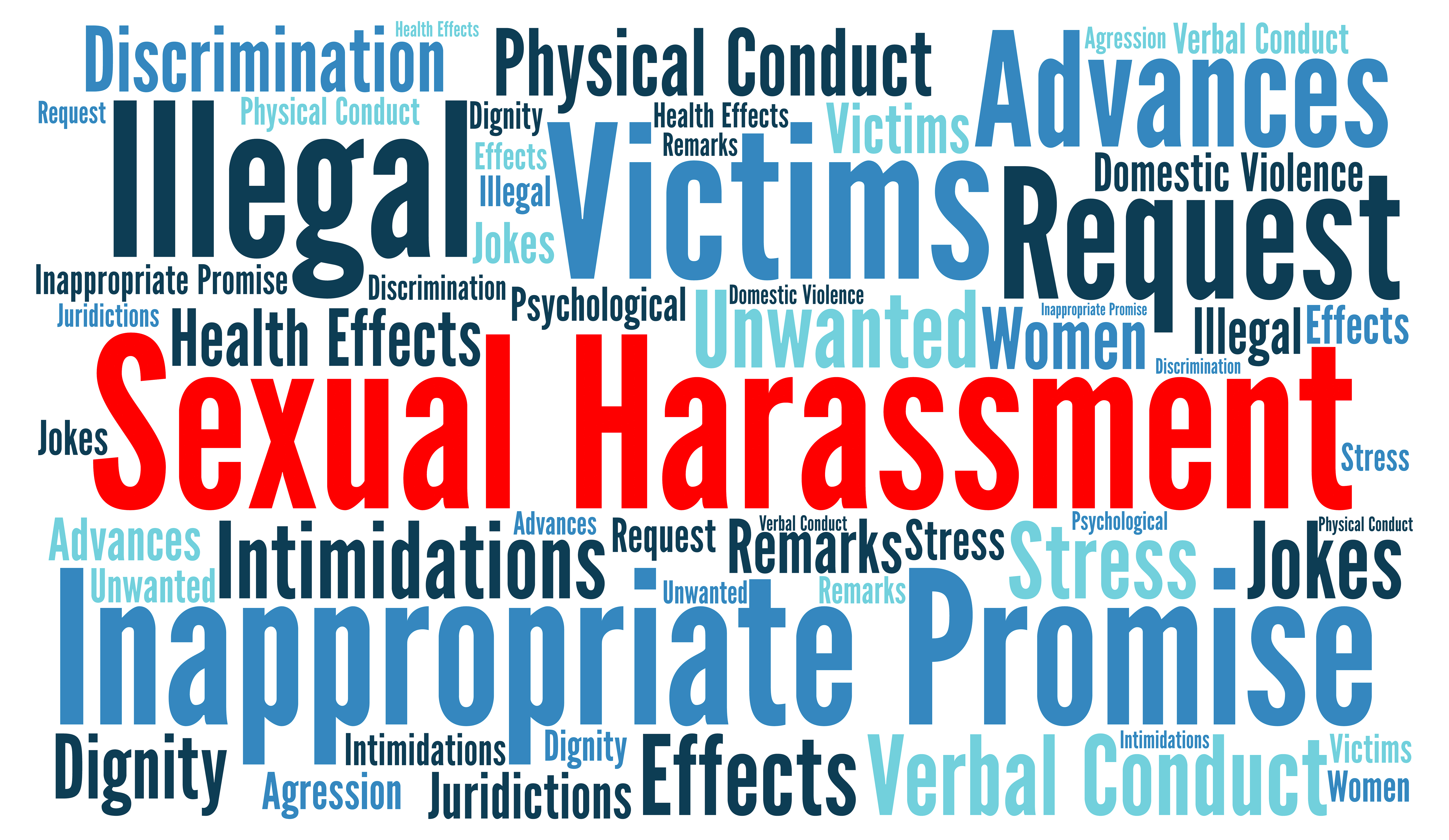
(Illustration: Shutterstock)
Danish universities have recently been incisively criticized by students for not taking inquiries about sexual harassment seriously. The latest incident was an open letter written by 48 students, some of whom are from CBS. The President of CBS Students is certain that the issue is much bigger than first estimated. CBS has appointed three employees to help students who have experienced harassment and made it clear that CBS has zero tolerance towards the issue.
On Wednesday the 14th of February, CBS launched a new campaign on my.cbs.dk with information on who to contact when one has experienced harassment or offensive behavior of any kind.
The campaign has been launched due to the recent debate about, and discussions of, the Danish universities’ responsibility in securing a safe study environment that is free of harassment.
“We have launched the campaign to make it clear that CBS doesn’t accept offensive behavior of any kind and to advice students on whom to contact if they are experiencing abuse. And then it’s important to tell the students that they can come to us no matter what. It doesn’t have to be at the point where they think they need to report people,” says Rie Snekkerup, Director of Study Administration at CBS and gives a few examples of how CBS can help the students:
“Sometimes it’s enough just to share the bad experience with someone who is not affiliated or related to your program and get clarity of the situation, but we can also help in other ways such as finding a new supervisor or examiner. Furthermore, we can guide students to reach out to the National Student Counselling Service, who can provide psychological or mental help, and finally we can help the student to report persons involved if that’s the case,” she says.
Jeppe Ask Tofteskov, President of CBS Students, thinks the problem is bigger than first estimated and is calling for a study environment which is safe and in which the guidelines for proper behavior are clear.
“Sexual harassment and offensive behavior is everywhere, and I don’t doubt for one second that the extent of the problem is bigger than we think, since there hasn’t been too much talk about it,” he says.
#MeToo at the universities
The debate about sexual harassment at Danish universities has partly been started by Sana Mahin Doost, President of the National Union of Students (Danske Studerendes Fællesråd), about one month ago. She argues for instance that the universities have a bigger problem with sexual harassment in the study environment, than people think.
On the 12th of February, her point was underlined when 48 students, including some from CBS, published an open letter to the Danish newspaper, Information, and to the presidents of the five Danish universities, including CBS, entailing an incisive criticism about the way the universities, the HR departments, and the presidents have been dealing with cases of sexual harassment.
“Like women all over the world, many of us have chosen to stay silent about our experiences. Due to the fear of being belittled, outcasted and doubted, but also to fit in and not become a victim,” write the 48 students in the open letter which was published in the newspaper, Information. And it continues:
“Some of us have tried to call out, to talk about our experiences with leaders, fellow students, HR-departments, and even the presidents. We have not been listened to and now we have started an outcry.”
The publishing of the letter underlines that we have some important work ahead of us
Rie Snekkerup
Furthermore, students at the Technical University of Denmark (DTU) started a riot on the 5th of February, as an anonymous group put up 150 posters throughout the university with stories and experiences of sexual harassment at DTU. The riot started because the president of DTU, Anders Bjarklev, had previously commented to the Danish newspaper, Information, that he did not think the issue was that big at DTU.
Banana-licking made headlines
The letter has, indeed, made an impression on Rie Snekkerup who speaks on behalf of Per Holten-Andersen, the President of CBS. However, the efforts now being launched by CBS were negotiated and agreed upon before the publishing of the letter, she explains.
“We had decided to launch the campaign before the letter was published and we got some good input from the National Union of Students to the content of the campaign. The publishing of the letter underlines that we have some important work ahead of us,” she says.
It is not that CBS has not been aware of the risk of sexual harassment and offensive behavior between students. 2,5 years ago, CBS drafted a code of conduct, as students were reporting offensive behavior such as, female students having to lick whipped cream off bananas during their intro week, which led to severe criticism in national newspapers.
We probably need a larger cultural change. Both at CBS and in society at large
Jeppe Ask Tofteskov
After the intro week, the students are asked to evaluate the intro week, and since the code of conduct has been enforced, CBS has only seen a couple of incidents, which according to Rie Snekkerup, turned out to be harmless in the end.
When asked about why CBS has not launched the new initiative a long time ago, Rie Snekkerup explains that it is difficult to decide what to do when you do not know which problems there are and the extent of the problems.
“It has been difficult for us to do something, as nothing has been said about it. And I think that’s the case with the letter in a way. The students are experiencing sexual harassment, but they don’t dare to come forward and talk to us about it. So, what we need is a cultural change and part of that change is the work that we are doing now,” she says.
Jeppe Ask Tofteskov agrees with Rie Snekkerup.
“Earlier on, not a lot of attention has been drawn towards this issue. That might be because we haven’t talked about it much, and maybe also because the universities didn’t, see themselves as part of the solution to the problem,” he says.
National survey is coming up
Outside of CBS, the Danish Students’ Confederation and the organization, Universities Denmark, have agreed to conduct a national survey to map the extent of the problem.
Sana Mahin Doost has criticized universities that do not ask their students about experiences pertaining sexual harassment in their yearly evaluations, and therefore do not know about the extent of the issue locally.
At CBS, the students are not asked specifically about experiences involving harassment of any kind. Jeppe Ask Tofteskov hopes that a question regarding harassment will be introduced in the evaluations in order to map the extent of the problem.
“We probably need a larger cultural change. Both at CBS and in society at large. But what we need to do is to map the problem, conduct surveys, and look into how we can solve the problem in the best way possible,” he says.



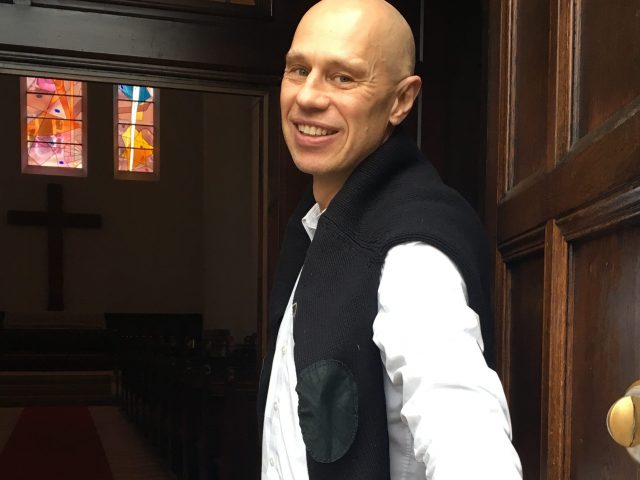
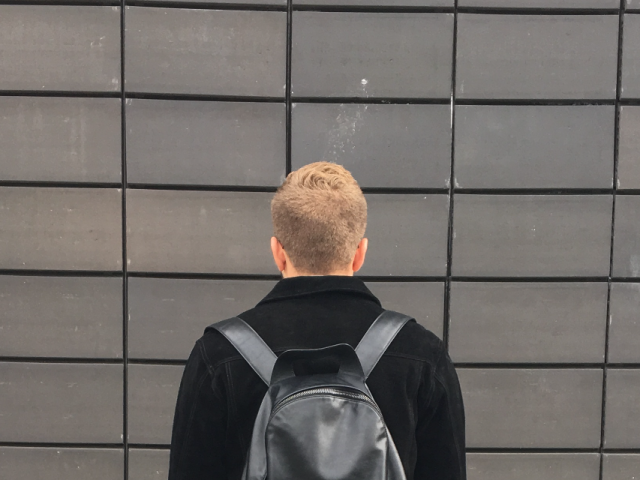
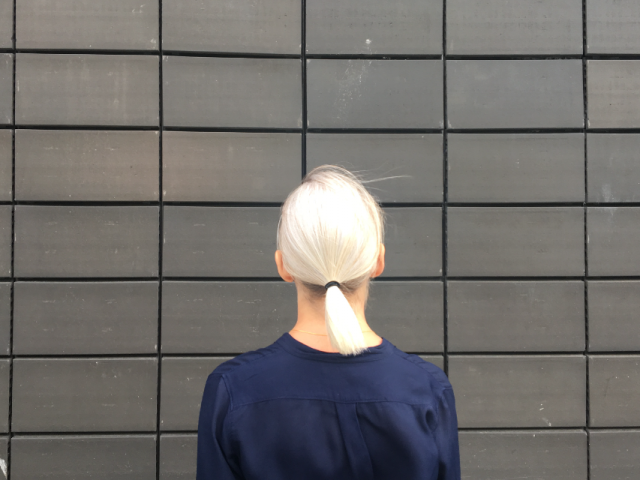

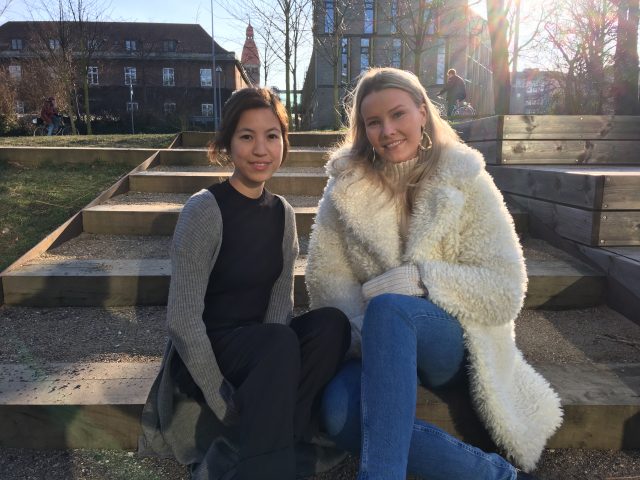




























































































































Comments